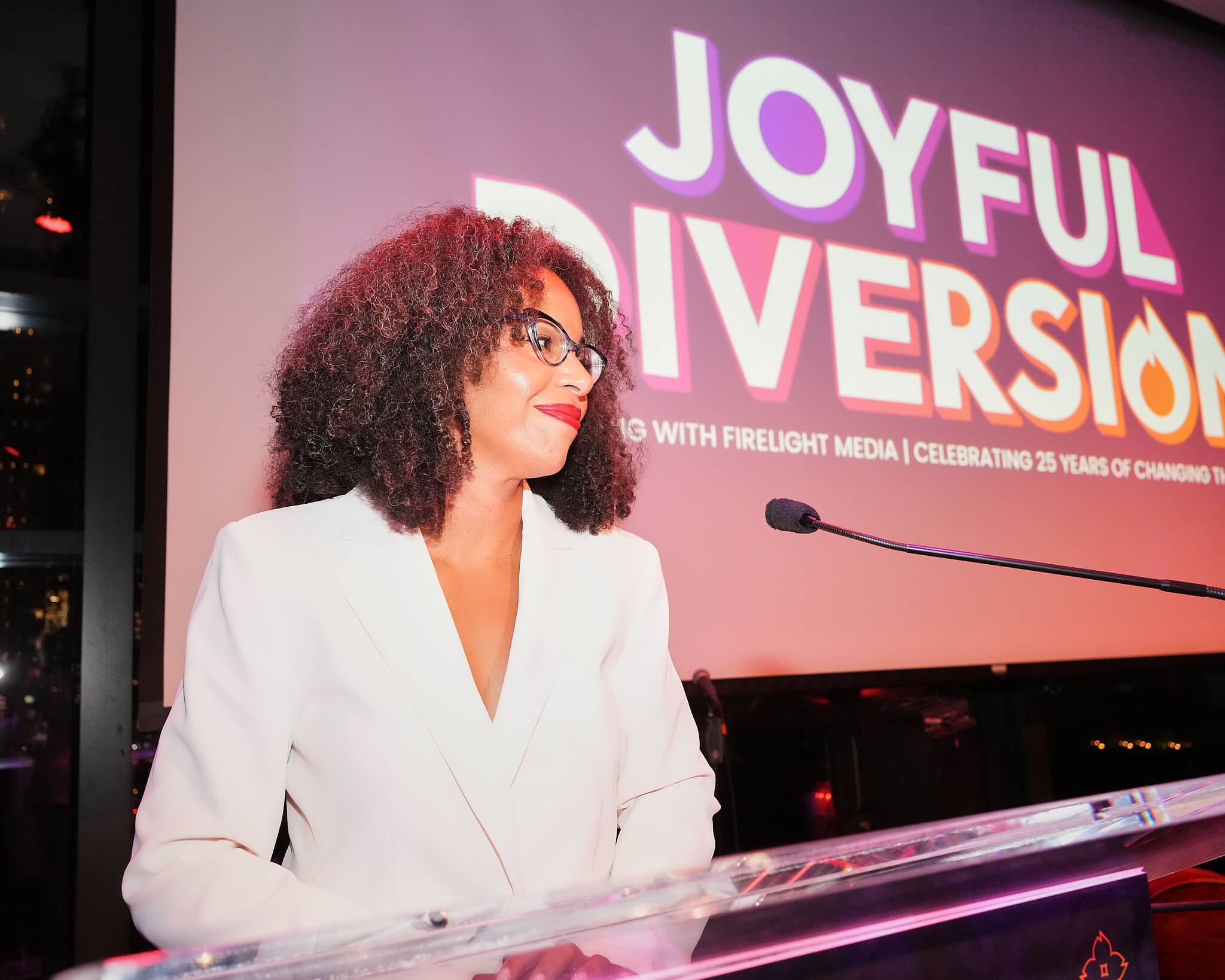Firelight in the Redwoods
Firelight’s 2019 Documentary Lab Retreat creates community in Scotts Valley
It was a rainy Friday afternoon when I arrived in Scotts Valley, a small city in Santa Cruz County, California. After I checked in at the Multiversity Center, a resort tucked away in the redwoods, I made my way to one of their conference rooms to attend the 2019 inaugural Firelight Media Lab retreat.
Shortly after everyone’s arrival, the Firelight staff — –filmmakers Chloë Walters-Wallace, Loira Limbal and Ximena Amescua — presented our weekend long line up. The plan was to meet industry veterans, screen our work-in progress, exchange feedback, and get to know one another. I scanned the room, in an attempt to identify the people whom, up until that moment, I had only met via webinar. There were twelve fellows total, coming from different parts of the U.S. including: New York, Texas, North Carolina, New Orleans, Hawaii, and California. I had the shortest commute of anyone at the retreat, having only had to drive a short 60 miles from my hometown in Oakland. But after a long week of editing, I felt exhausted. The idea of being in a creative environment, spending time with others who talk and live documentary, just as I do, excited me. For months, I had been longing for the Firelight retreat. I took a deep breath as a way to transition into that creative space. As I relaxed, I noticed some unusually hard kicks coming from my abdomen. My unborn baby was equally excited to be there.

I learned I was pregnant around the same time I was selected for the 2019 Firelight Media Doc Lab. I had been working non-stop on my first feature documentary, Black Mothers, which follows the journey of two moms working to disrupt this country’s cycle of police brutality. The months leading up to the retreat had been hectic for me. I had been juggling my time between fundraising, traveling for shoots, dealing with bookkeeping for my film, and media management. How I found time for prenatal appointments and childbirth classes, I still don’t know. As a first time director, I often worry that I’m not dedicating enough time and energy towards the creative aspect of making a film. That’s why I believe that fellowships such as this one create unique opportunities for us to connect with veteran filmmakers and further develop our artistic visions.
Our first masterclass, “The Director’s Chair,” was presented by Bernardo Ruiz, a two-time Emmy nominated documentary director and producer, known for “Reportero,” (POV, 2013) and “Kingdom of Shadows” (POV, 2016). Bernardo reflected on his career, the ethical challenges presented by each of his films, and shared his thoughts on how to create work that is both creatively and ethically rigorous. It was so motivating to hear about his growth in the film industry, and learn how he went from producing his first independent film to building a sustainable career. During our second masterclass, we heard from producer and editor Sabrina Schmidt Gordon, known for “Documented” (2013) and “Quest” (2017), among other films. As an experienced editor, Sabrina revealed how she helps directors discover their film’s structure, ensuring that the emotional journey of their films remain the top priority in the editing room. It was a timely discussion for our group, as some of us are, for the first time in our careers, working with professional editors.
One afternoon, all the fellows were “invited” to talk about our “biggest hopes and biggest fears” for our projects. Talking about our hopes was easy. We want to see our films land in big film festivals and strike deals with major distribution outlets. Inspiring positive changes through our work while making a decent living as filmmakers is something we all aspire for. The question about fear, though, was a hard one. We all experience daily battles, insecurities as we try to break into the crowded, non-diverse film industry. But somehow, it was extremely uncomfortable to put those fears and insecurities into words, and speak about them publicly. With hesitation, we began to share phrases like: financial instability, criticism, overload of work, isolation and lack of funding. Surprisingly, most of our fears, like our hopes, were strikingly similar. Exposing them created a bond that would bring us closer throughout the retreat.
On Monday morning, we had to say our goodbyes after a weekend of inspiration and bonding. As I drove back home, I reflected on how diverse our cohort is, with folks from different nationalities, professional backgrounds and cultures. Spending time with this group and getting to know about their projects, helped me expand my creative vision and realize that I am not alone with my insecurities. I left the retreat feeling mentally and physically rested, and ready to get right back into my busy routine again, as a filmmaker and future mother.

Débora Souza Silva is a journalist whose work is founded upon examining systemic racism and inequality, while also highlighting the resilience of impacted communities. She started her career as an on-air television reporter and producer in her home country of Brazil, covering stories about race and social inequality. In 2014, Silva graduated with a Masters Degree in Journalism from UC Berkeley; she has since collaborated with several news outlets including PBS, Reveal News, KQED, AJ+, Fusion, OZY, and BBC. In 2015, Silva served as an Associate Producer for the Emmy nominated PBS documentary “Rape on the Night Shift” — an investigation into the sexual abuse of immigrant women in the janitorial industry. In 2016, Silva was awarded a fellowship with the Center for Investigative Reporting, where she produced a series of short documentaries focused on immigration and social justice. She is a recipient of the 2018 Gracie Award for the four-part documentary series “The Aftermath.” She is also a recipient of the 2018 Garrett Scott Documentary Development Grant, the Glassbreaker Films grant as well as the Investigative Reporting Program fellowship, which are supporting the development of her current feature film project, Black Mothers.



.png)
.png)
STAY CONNECTED









